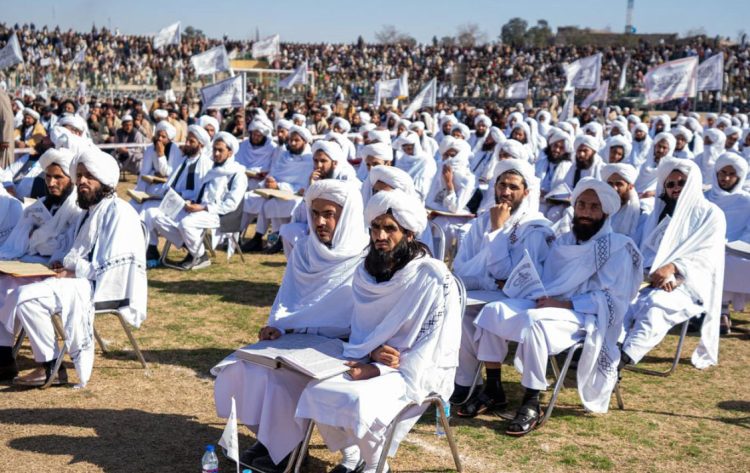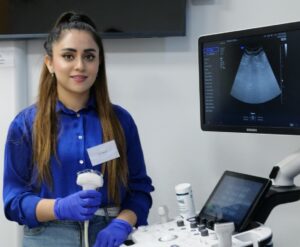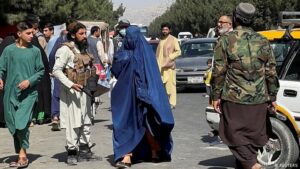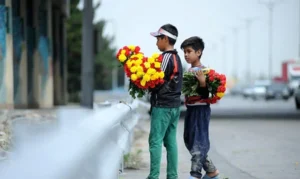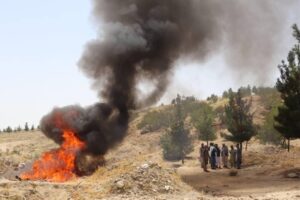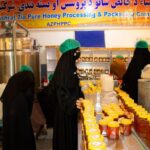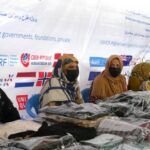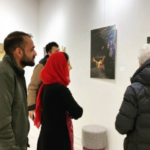The Ministry of Higher Education of the interim government of Afghanistan has announced that 26,000 religious students and scholars will be awarded Bachelor’s and Master’s degrees (Alia and Alimiyya) after taking an exam.
In a statement published on its X account, the Ministry mentioned that the process of taking the exam started on Saturday, 22nd of January, and will continue for six days.
The announcement from the Ministry of Higher Education of the current government states that these exams will be held in all 31 provinces of the country. 15,000 religious students and scholars will be awarded a Master’s degree (Alimiyya), and 11,000 others will receive a Bachelor’s degree (Alia).
Additionally, Nida Mohammad Nadeem, the Acting Minister of Higher Education, stated that these exams are designed to determine the academic level of the “respected scholars.”
It is worth noting that since regaining control over Afghanistan, the interim government has held similar exams several times and awarded academic degrees to religious scholars.
Some critics and political analysts say that the current government is attempting to provide university degrees to graduates of religious schools under its control as part of efforts to place its own people in government offices.
Over the past three years, the current government has established dozens of religious schools in Afghanistan and is working to attract young people to these schools. Additionally, Hibatullah Akhundzada, the leader of the current government, recently stated in Kandahar that he fully supports jihadist schools.
While the Ministry of Higher Education is granting Bachelor’s and Master’s degrees to thousands, the interim government has, since regaining control over Afghanistan, prohibited girls above the sixth grade from attending school, and later closed universities to female students. In the latest move, they have also banned girls from studying in medical institutes, thus completely depriving girls of access to formal education.
In addition, women and girls have been banned from going to sports clubs, restaurants, public baths, being examined by male doctors, traveling without a mahram (male guardian), working in local and international non-governmental organizations, and even in the offices of the United Nations in Afghanistan.

